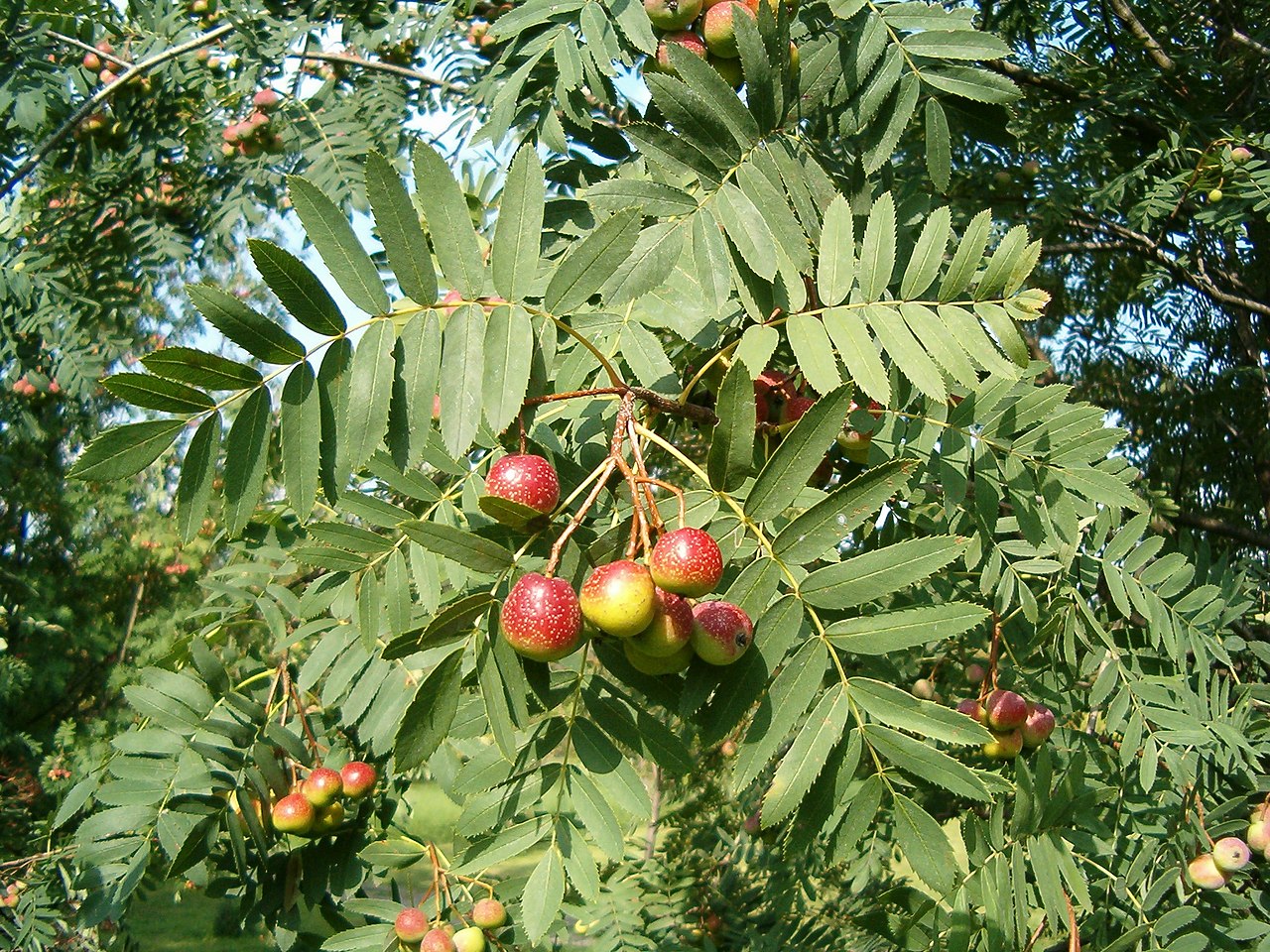Considering the voiced initial stop in Basque was originally voiceless and also the trill rhotic isn't the product of gemination, the most likely candidates would be Altaic *kʰjú:ru
‘red, reddish; brown, dark’ (EDAL 1090) and IE *kreuH₂- ‘blood, gore’ (Greek kréas 'meat', Lithuanian kraûjas 'blood'), thus pointing to a lexeme *kʰruH-1 ~ *kʰuHr- which would date back to the Upper Palaeolithic and underwent a semantic shift from 'raw meat; blood' to 'red' in Altaic and Basque.
One interesting derivative of gorri is gorringo2, which refers either to a kind of mushroom (Amanita caesaria) or the egg's yolk.
______________________________________________________________
1 IE *e is the ablaut vowel and doesn't play any role in the actual etymology.
2 With the variants gorrinko in the Easternmost dialects (Roncalese, Zuberoan) and korrinko in the extinct Alavese.
